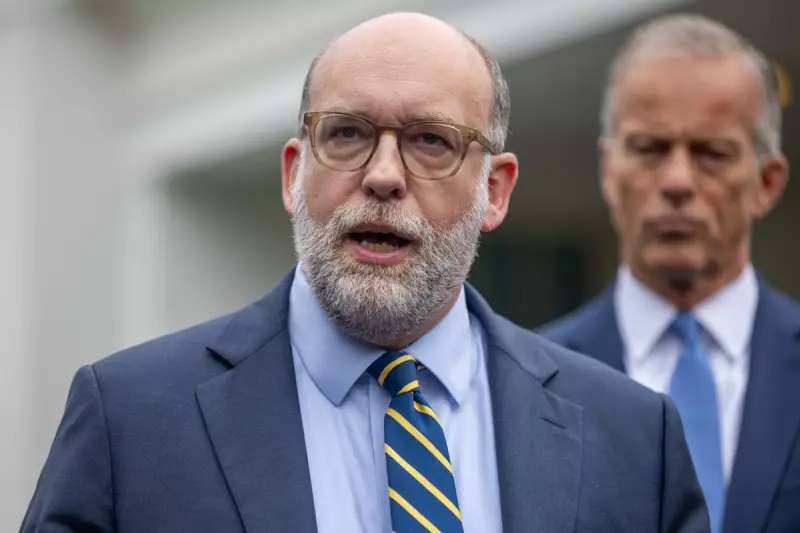
Chicago is grappling with an unprecedented financial emergency after the Trump administration abruptly severed federal funding to the city, plunging municipal services into uncertainty and forcing local officials to implement contingency plans.
Emergency Measures Activated
Mayor Brandon Johnson has confirmed that Chicago is now operating under emergency protocols designed to mitigate the impact of what city officials are calling a "politically motivated" funding freeze. The immediate consequences include potential disruptions to public transportation, infrastructure projects, and social programs that rely heavily on federal support.
Administration's Justification
The funding suspension comes amid escalating tensions between the federal government and Chicago leadership over immigration policies and law enforcement approaches. Administration officials have defended the move as necessary to address what they describe as "sanctuary city policies" that conflict with federal immigration enforcement.
Local Services Under Threat
Critical services facing potential disruption include:
- Public transportation system maintenance and upgrades
- Affordable housing initiatives
- Community development programs
- Public health services and clinics
- Infrastructure improvement projects
Economic Fallout Looms
Local business leaders have expressed deep concern about the long-term economic impact, warning that the funding freeze could stall major development projects and undermine Chicago's economic recovery. The Chamber of Commerce has called for immediate resolution to prevent job losses and economic contraction.
Legal Challenges Mounting
City attorneys are preparing legal challenges to what they argue is an unconstitutional withholding of congressionally appropriated funds. Several advocacy groups have announced plans to join the city in litigation, setting the stage for a prolonged legal battle that could reach the Supreme Court.
Resident Impact
For Chicago residents, the immediate effects could include delayed infrastructure repairs, reduced social services, and potential cuts to programs serving vulnerable communities. Community organizations are scrambling to fill gaps in services while political leaders negotiate behind closed doors.
The situation remains fluid, with city officials maintaining that they have sufficient reserves to maintain essential services in the short term while seeking a political resolution to the funding impasse.





